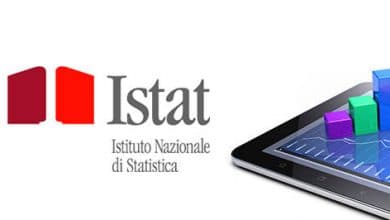
 There is not only the case of an ultrasound which certifies that the spleen is in excellent health, when in reality it had been removed many years before.
There is not only the case of an ultrasound which certifies that the spleen is in excellent health, when in reality it had been removed many years before.
As far as gross errors are concerned, hospital doctors are the most targeted, with a prevalence for those of the Polyclinic because they collect the most delicate cases from all over the province.
But even with those of the clinics you don't mess around. A textbook case is that of a patient who for many years paid a very high price for medicines, ordered by his general practitioner, which he could have for free for his illness; pity that he only found out when he changed the family doctor.
And again, the contrast between general practitioners and hospital doctors has bad aspects as shown by the requests for instrumental tests, requested by the former and denied by the latter.
How can we not think – in similar cases – that there isn't some sort of blame game? Or a tug of war between those who entrust hospitals with the clarification and burden of a difficult diagnosis and those who are instead called to answer for health spending budgets?
(sc – 28 May 2016 – Gazette of Modena)
Ed.: are we really sure that those mentioned are medical errors? Fortunately, the author asks himself the question of whether, by chance, doctors have to answer for health expenditure budgets. We suggest that the author also ask why a doctor makes a patient pay a very high price for prescribed drugs even when they are fully reimbursed by the NHS? Investigate a little about how the AUSL reward doctors who do not prescribe drugs or punish those who do (the same applies to exams).
But if a Health Service, once corruption has been removed, obviously does not guarantee "treatment" to citizens, what is the use? Maybe to keep the bureaucrats, the parceled out or, worse, just the corruption?





